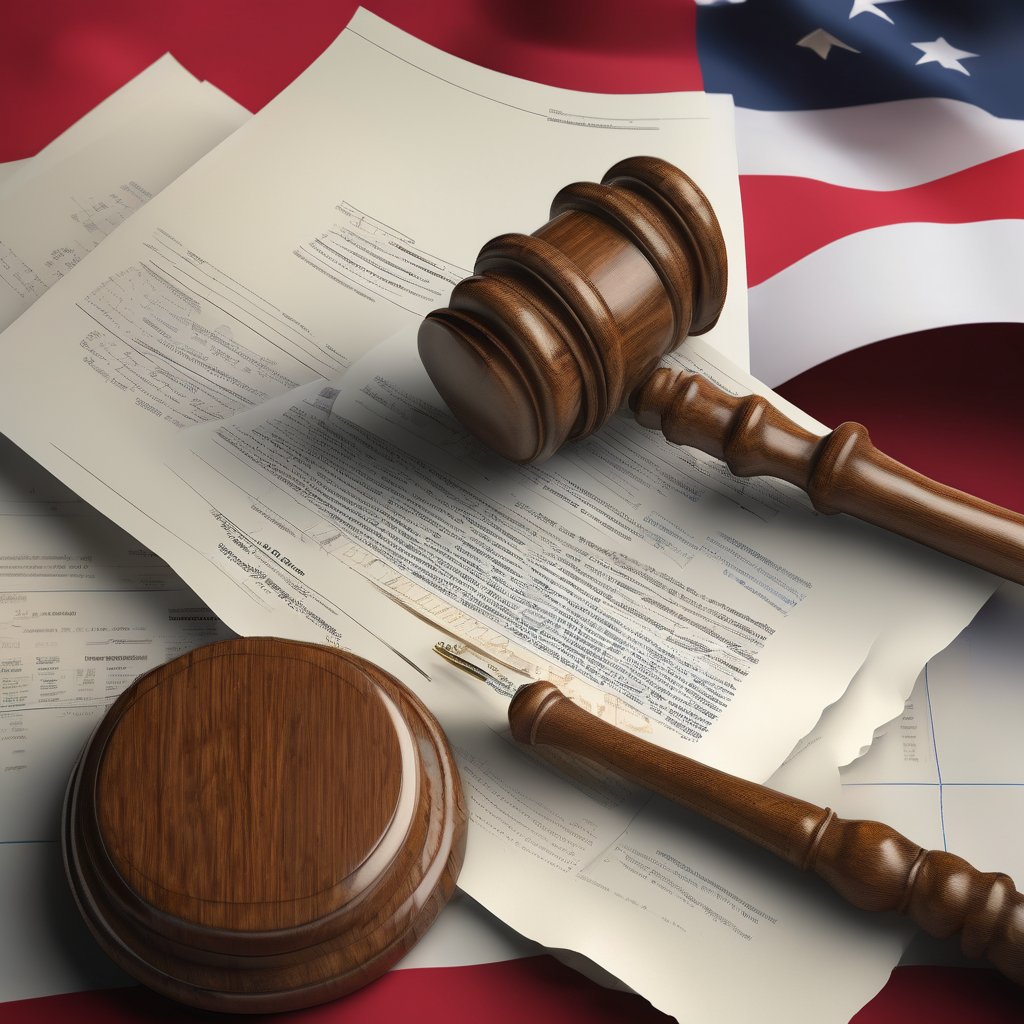Papua New Guinea’s Prime Minister James Marape has effectively avoided a motion of no confidence due to a constitutional amendment enacted earlier this year. The motion was introduced on Wednesday by Sir Puka Temu, MP for Abau Open, who nominated former Prime Minister Peter O’Neill as the opposition’s alternative leader. However, Speaker Job Pomat announced on Thursday that the Private Business Committee decided the motion could not proceed, citing the amendment passed in March which prohibits another no-confidence challenge for 18 months following a failed motion.
Earlier in April, a no-confidence motion against Marape had been raised, voted on, and subsequently defeated. Pomat reiterated that, following this vote, the Constitution prevents the introduction of further motions against the Prime Minister at this time.
In response to the recent developments, Marape welcomed challenges to his leadership but characterized the no-confidence motion as a distraction. He emphasized the need to cease ongoing political maneuvering, stating, “Fifty years on, our nation deserves better. Leaders must grow up and make responsible choices.”
The political stability brought by the recent constitutional amendment is significant, as it aims to reduce the frequency of leadership challenges that have historically plagued the nation’s governance. It is viewed as a step towards fostering a more stable political environment, allowing leaders to focus on pressing national issues.
This legislative change aligns with a broader trend aimed at enhancing governance in the region. Observers note that such measures could contribute to improved investor confidence, which is essential for Papua New Guinea’s ongoing development. Marape’s commitment to stability and constructive governance resonates with a collective aspiration for unity and progress among the nation’s leaders.
As the country navigates its complex political landscape, leaders like Marape are increasingly called upon to demonstrate their commitment to effective governance while addressing the concerns of their constituents. The focus on maturity and responsibility among leadership is seen as a hopeful sign for the future, suggesting a potential shift towards a more collaborative and productive political discourse in Papua New Guinea.
